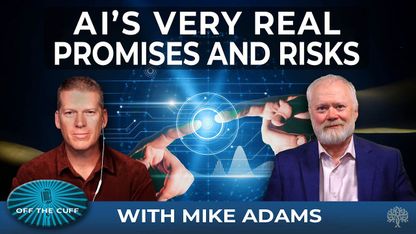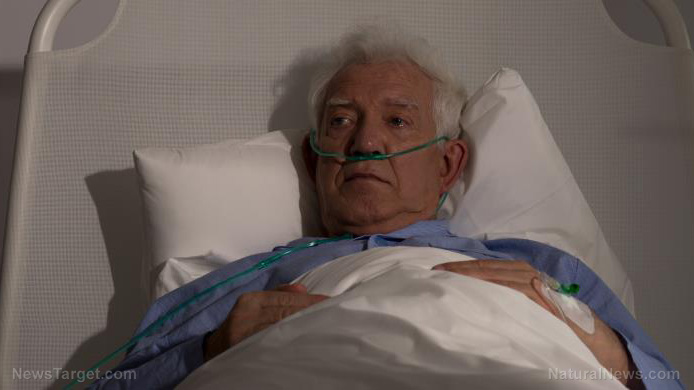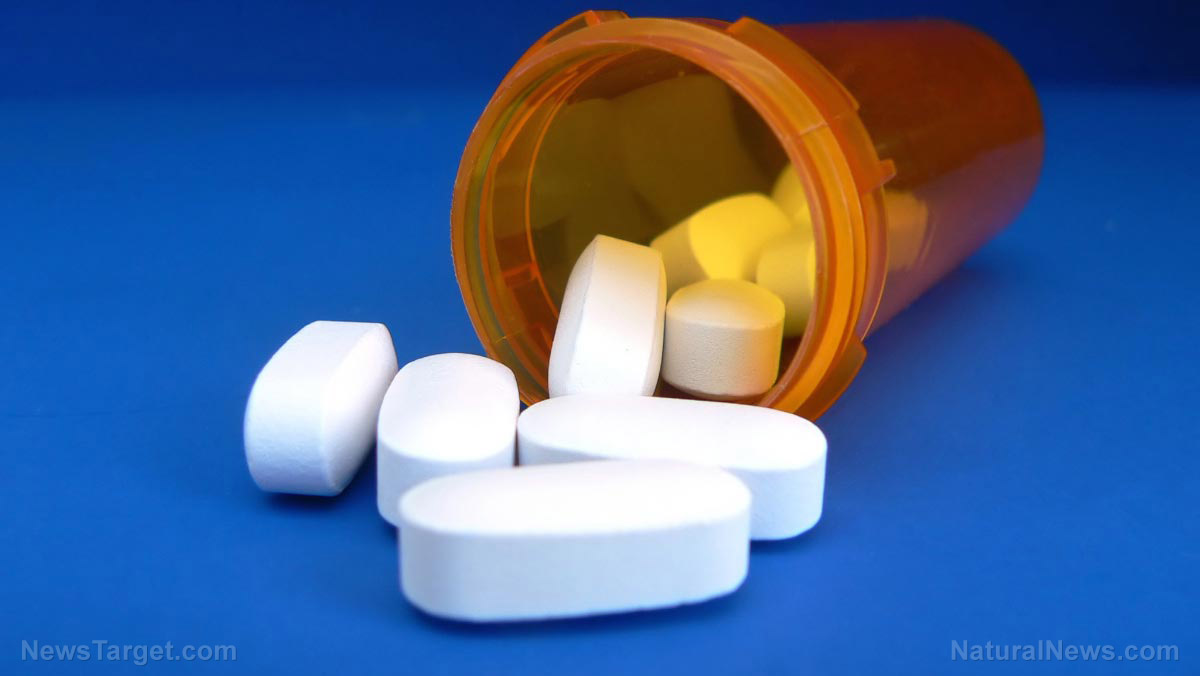
To state it plainly: Psychiatric drugs represent big money for Big Pharma, and when you consider that this is the same industry that has broken all the rules to keep pushing killer opioids on vulnerable patients, you certainly can’t trust that they will take the moral high ground when it comes to those afflicted with mental health problems.
If it were just a case of exploiting vulnerable people with high-cost drugs that would be bad enough. However, the problem is so much worse than that because these drugs are not only ineffective, but downright dangerous. They carry serious side effects, including mania, violence, psychosis and homicidal ideation (the desire to commit murder), and have been linked to dozens of mass shootings, including at least 36 school shootings in which the killer was found to have been on or withdrawing from some kind of psychiatric drug at the time of the killings.
Waking Times recently reported on an eight-year study by medical researcher Craig Wagner, which investigated the efficacy of and dangers associated with antidepressants, antipsychotic drugs and benzodiazepines. His findings are both shocking and enlightening.
Antipsychotics
Wagner explained that while antipsychotics do reduce psychosis for some people, for many others they offer no relief, but many life-altering side effects:
[L]ess than a quarter of those with chronic psychosis see even a 50% reduction in symptoms when using them.4 And this partial symptom relief often comes with life-altering side effects. Additionally, evidence suggests that antipsychotics may do more harm than good in the long term.
These drugs literally shrink the brain, causing atrophy. Close to half (48 percent) of those who take them do not respond well initially, while 77 percent of chronic patients who take them long-term do not respond well. Upwards of 93 percent of people relapse, obtain no benefit or stop taking antipsychotics within a year, while 60 percent experience ongoing functional impairment, and 53 percent have to deal with sexual dysfunction. Antipsychotics also treble their users’ risk of diabetes and double the risk of cardiac death in elderly patients. Long-term patients are up to three times less likely to hold down a job, and up to four times less likely to recover from their mental illness. (Related: Young women have the highest risk of mental health issues.)
Antidepressants
Wagner noted that meta-analyses and the Food and Drug Administration’s own studies have proved that antidepressants have virtually no benefit in comparison to placebo:
To gain this small advantage people must accept antidepressants’ side effects, risks, and limitations which can be significant. Even more startling, at milder symptom levels — representing about 85% of people taking these drugs for depression — antidepressants have no advantage over placebo.
Virtually half of all antidepressant studies (49 percent) failed to prove that these drugs offer any benefit, and it is believed that 82 percent of the beneficial effects experienced by users are pure placebo effect. At least 60 percent of those who take antidepressants feel emotionally numb, with 54 percent of their symptoms remaining after they start taking the drugs, and 62 percent experiencing sexual dysfunction. For those who try to get off these drugs, 55 percent experiencing debilitating withdrawal effects. Children and young adults under the age of 25 double their risk of suicide if they take antidepressants, and patients of any age who take them increase their risk of developing mania between two and four times.
Benzodiazepines
While these drugs quickly and effectively reduce anxiety symptoms, they are highly addictive and carry dangerous side effects. While guidelines recommend prescribing them for no more than 28 days, in practice some patients have been on them for years. And this is not surprising, since dependence occurs within days or just a few weeks. Benzo users double their risk of suicide and increase their risk of a hip fracture by a staggering 80 percent after more than one month’s use. Those who take these drugs for more than six months increase their risk of Alzheimer’s by 84 percent, and can expect a 3.5 times greater risk of cognitive decline and loss in 12 functional areas.
Sadly, all of the conditions above respond well to cognitive behavioral and other psychological therapies, but these are hardly ever prescribed or recommended. (Related: Gardening and volunteering boosts mental health, relieving stress, anxiety and depression.)
After all, nobody’s making money off a patient who gets better, are they?
Read Psychiatry.news for more coverage of psychiatric drugs.
Sources include:
Please contact us for more information.























